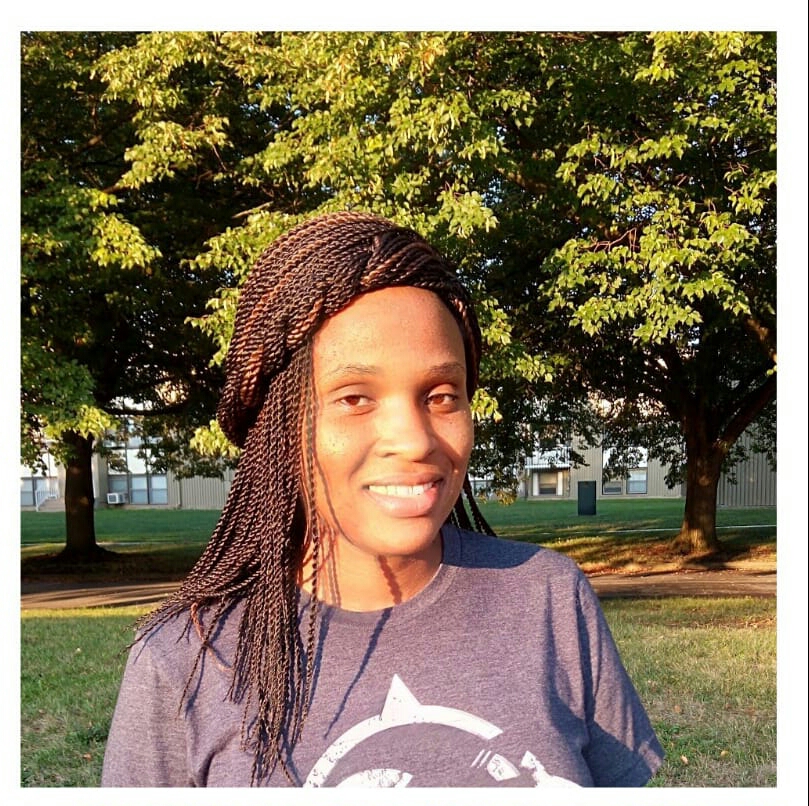Global scholar connects with research in home country of Kenya

I grew up in Kenya, just outside the capital city, in a community of smallholder farmers, and have experienced first-hand what it is like to grow food for subsistence. This has shaped my appreciation for agriculture and the role it plays to combat hunger and improve the livelihoods of communities around the world. When I joined the crop science department as a graduate student, I attended a seminar where ACES professor Alex Winter-Nelson spoke of the opportunity to conduct research in partnership with a mentor in an international agricultural research center through the ACES Global Food Security Graduate Fellowship. This talk sparked my interest and I saw this as the perfect opportunity to connect the science I was learning here in the U.S. with the research efforts ongoing in my home country.
I embarked on finding a suitable research topic and a mentor and was delighted to connect with Dr. Michael Olsen and professor Kelly Robbins who are both involved with The International Maize and Wheat Improvement Center’s (CIMMYT) tropical maize program. Together with my ACES advisors Erik Sacks and Lindsay Clark, we proposed work that seeks to improve the efficiency of CIMMYT’s tropical maize breeding program by optimizing genomic selection from historical data. My research was largely data-focused, analyzing genomic data from maize breeding trials conducted in Kiboko and Kakamega counties in Kenya. The real value of this fellowship would be to facilitate my spending time with the biometric team from CIMMYT in Mexico to better understand the quantitative genetics and data analytics within the maize tropical breeding program.
However, the pandemic slowed down our plans given that the CIMMYT center in the Mexico campus was locked down and most of the staff were working remotely for most of 2020 and 2021. Despite not being able to travel internationally to CIMMYT Mexico, we found an alternative way to get the work done. Most of the research was conducted remotely from UIUC with regular zoom meetings with all stakeholders involved. A part of the research was conducted at Cornell University where Kelly Robbins, one of my mentors on the project offered to host me in his lab to receive the biometric training I would have received at CIMMYT. While at Cornell I had a chance to network with other scientists working in collaboration with international agricultural research centers. I gained an appreciation for the importance of collaborative research and the transfer of knowledge and technology to smaller breeding programs in developing countries. I continue to work on the research project remotely with the support of my mentors and my advisors here in Illinois.
Thanks to this fellowship, I have had the opportunity to apply the skills I am learning in graduate school to enhance the efficiency of a maize breeding program in Kenya. I have built valuable networks that are crucial now as I wind up in graduate school and begin to think about my future career plans. I am grateful to the University of Illinois and the ACES Office of International Programs for providing funding to make this work possible.
The Office of International Programs in the College of Agricultural, Consumer and Environmental Sciences has initiated the Global Food Security Graduate Fellowship Program to support exceptional students who are interested in conducting research in a developing country, in collaboration with a mentor from an International Agricultural Research Center in the Consultative Group for International Agricultural Research or a national research institute devoted to food and agricultural issues. Joyce was awarded a 2021 Fellowship for her project “Maximum Reliability of Genomic Selection from Historical Data in CIMMYT’s Tropical Maize Breeding Program.”